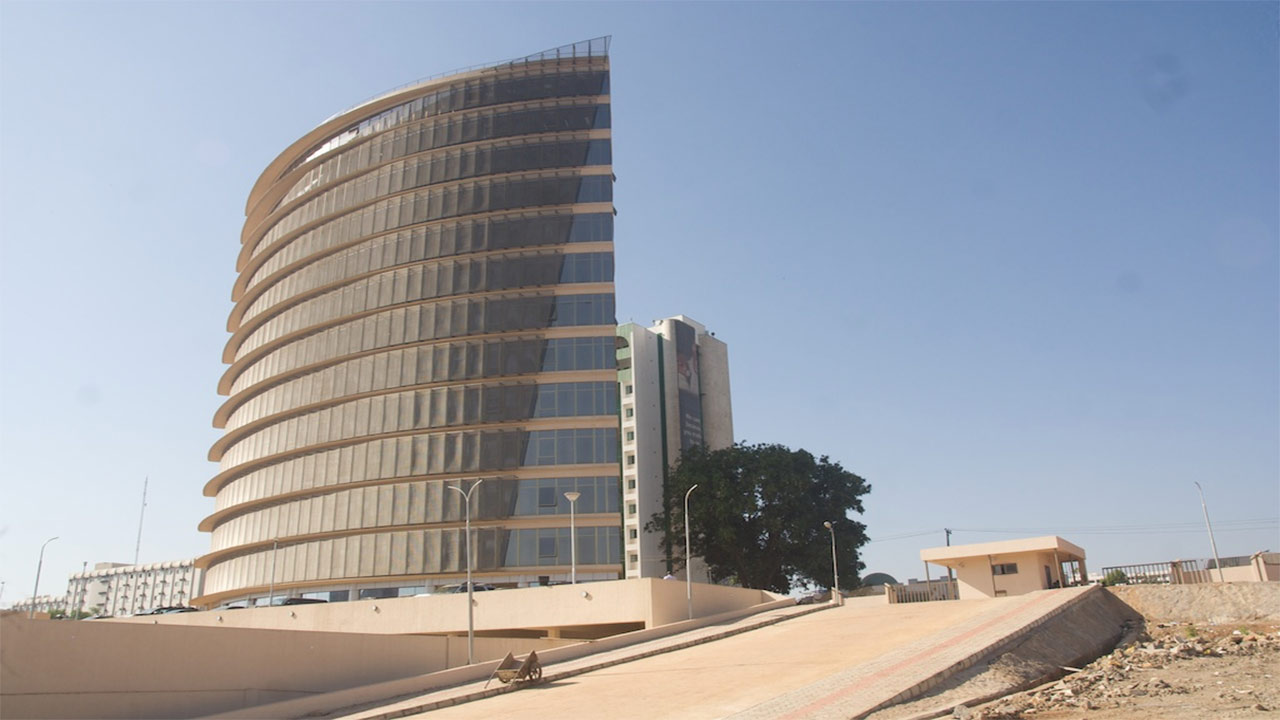- BoI, School of Mines Seal Pact on Solid Minerals Value-chain Development
To further encourage exploitation of the nation’s vast solid minerals as well as value-addition, the Bank of Industry (BoI) has partnered with Laurel School of Mines (LSM) to implement its commodity-based industrialisation strategy in the gem stone sector.
Besides, the partnership will see the two institutions building capacity of 1600 potential entrepreneurs in the sector before funds are made available for on-lending to successful businesses.
The acting Managing Director, BoI, Waheed Olagunju, also said the partnership is in line with the bank’s commodity based industrialisation strategy which is adding value to the nation’s vast natural resource endowments.
Olagunju during a Memorandum of Understanding ( MoU) signing ceremony with LSM, said: “We have lots of agricultural resources, solid minerals and oil, but solid minerals is the lowest hanging fruit. With gem stones, you do not have to wait like agriculture where you plant to harvest and process. We have gem stones where we can pick them up, add value and within few weeks and make thousands of dollars.”
According to him, the partnership is also coming on the heels of Nigeria’s quest to diversify its economic revenue base, saying that the gem stones industry is capable of earning the much needed foreign exchange for the economy.
“The turnaround time is faster in precious stones unlike what we have in agriculture or the petroleum sector. We are going to create a lot of entrepreneurs in this sector. Under the MoU, Laurel School of Mines will be training 1600 entrepreneurs in eight locations. That means 200 entrepreneurs per location across the country spanning the six geopolitical zones including Lagos and Abuja. Those who are trained and show signs of becoming a potential miner will be supported by the BoI. There will be four batches of 50 each in these locations in order to ensure that the training is effective which is expected to last for three days.
“We will give them concessional facilities to enable them to trade and export gem stones to earn foreign exchange which would go a long way to help Nigeria in diversifying the economy while also earning foreign exchange for the country,” he added.
The acting BoI boss added that the course curricular of the training programme will include picking the gem stones, adding value and trading for export.
“LSM are global players and have operated in Asia successfully and in some parts of Africa as well. “We are dealing with a reputable institution that is Nigerian and the MoU we are signing is also in sync with the BoI’s operation strategy. We operate and collaborate with domestic and foreign development partners. LSM happens to be a domestic development partner in the private sector and the first in the solid minerals space,” he stated.
Also, the Chief Executive Officer of LSM, Tope Adebanjo, said if Nigeria channels the required efforts towards gem stone development, the industry is capable of turning the fortunes of the economy around, maintaining that the multi-billion industry has transformed many economies of the world.
”It is sad that the foreigners are dominating the gem stone business and there are many millions of youths in the country that are unemployed. The industry is a multi-billion dollar industry. We can make Lagos and Abuja another Las Vegas in Nigeria,” he said.
He however said factors affecting investment in gem stone development in Nigeria includes lack of capital, market, technology, mineral resource and entrepreneurs, pointing the need to develop entrepreneurs in Nigeria to take advantage of the enterprising sector.
“The training we are embarking on is about $277 per person for three days which is less than $100 a day. Selection will be done diligently together with the BoI. Basically, the whole idea is to engage the youth to take over what belongs to them. Nigerians are intellectually sound, ready and willing to work, but the problem is who will lead them to work,” he said.
He said Nigeria is currently tapping next to nothing in the global share index of the industry, maintaining that almost half of the total population of Thailand which is about 60 million engage directly and indirectly in gem stone production.

 Forex3 weeks ago
Forex3 weeks ago


 Naira2 weeks ago
Naira2 weeks ago
 Billionaire Watch2 weeks ago
Billionaire Watch2 weeks ago




 Naira2 weeks ago
Naira2 weeks ago




 Naira2 weeks ago
Naira2 weeks ago




 Naira1 week ago
Naira1 week ago




 Naira4 weeks ago
Naira4 weeks ago




 Naira3 weeks ago
Naira3 weeks ago






















